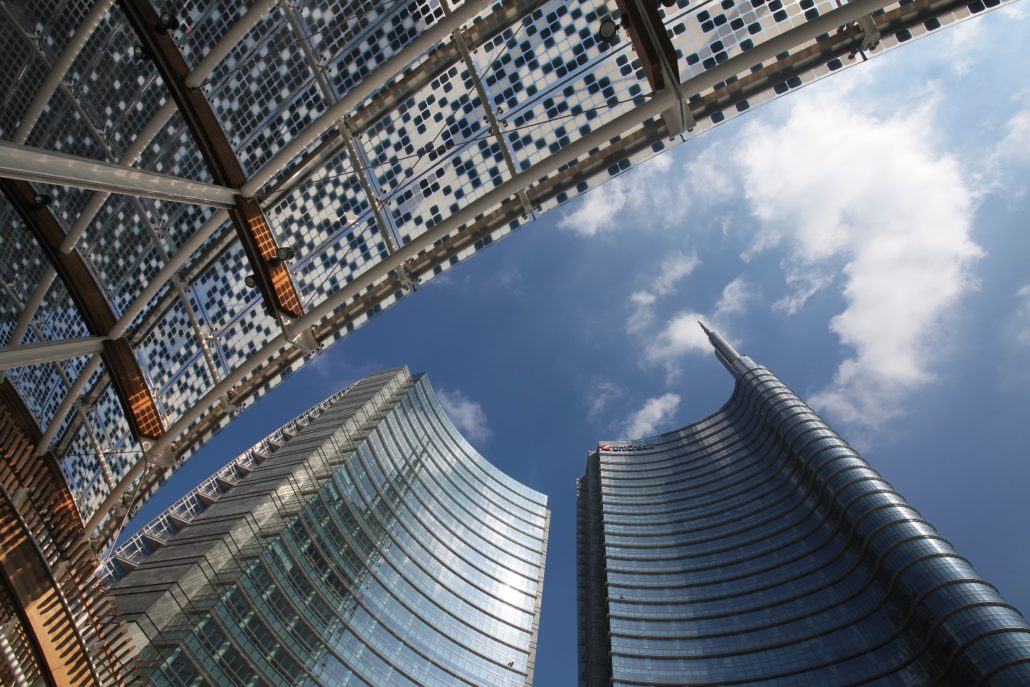EU-ASE at Green loans for efficient and safe buildings
Buildings are responsible for 40% of energy consumption and 36% of CO2 emissions in the EU and it is estimated that 75-90% of buildings in the Union’s territory will still be in use in 2050. Considering this, energy efficiency renovation works for buildings have become one of the top priorities for the European Union. However, access to public funds is not always easy for the families, and bigger involvement and investment from private actors are needed.
In this context, the Energy Efficient Mortgage Action Plan (EeMAP) organizes the event “Green loans for efficient and safe buildings”, takinig place in Milan next Friday 9th March, from 9:00 to 14:00. The conference, presented as a series of panels involving several experts, stakeholders and institutional leaders, discusses the central role of credit institutions in the transition towards energy efficient buildings in the European Union. Monica Frassoni, President of the European Alliance to Save Energy, will moderate the discussion on “Creating a system for impact finance” from 11:20 to 12:10.
The event, co-organised by UniCredit, GBC Italia, RICS Italia, and E.ON Italia, and in collaboration with the EeMAP consortium, presents a unique opportunity for creating an efficient synergy between all the actors involved in the energy efficiency process in the Italian market, as well as for providing concrete answers to efficient and safe buildings’ demands.

